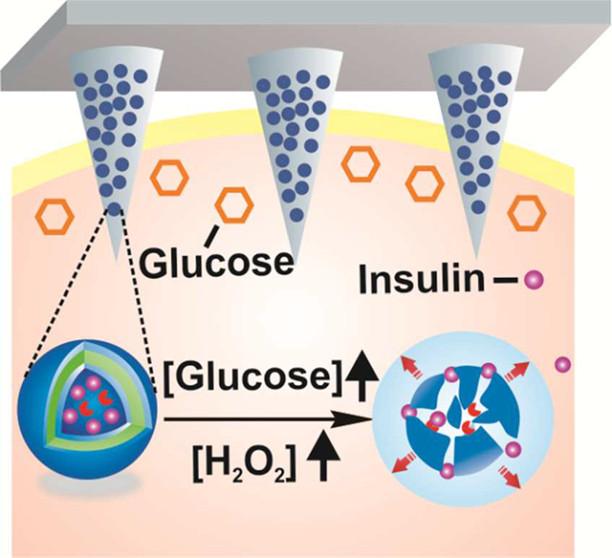People with diabetes are more prone to anxiety and depression than those with other chronic diseases that require similar levels of management. The reasons for this aren’t well understood, but Joslin Diabetes Center researchers have discovered one potential explanation.

Genetically modifying mice to make their brains resistant to insulin, the Joslin scientists first found that the animals exhibited behaviors that suggest anxiety and depression, and then pinpointed a mechanism that lowers levels of the key neurotransmitter dopamine in areas of the brain associated with those conditions.
“This is one of the first studies that directly shows that insulin resistance in the brain actually can produce a behavioral change,” says C. Ronald Kahn, MD, who is Joslin’s Chief Academic Officer and the Mary K. Iacocca Professor of Medicine at Harvard Medical School, and senior author on a paper reporting the work in the journal PNAS.
His research team assessed the genetically modified mice in multiple tests that place mice under stress and are commonly used to analyze drugs that treat anxiety and depression. Young mice behaved much like normal mice, but mice tested at 17 months of age (“which is starting late middle-age for mice,” notes Dr. Kahn) displayed significant behavioral disorders.
Examining the brains of these mice, the scientists found altered metabolism in mitochondria, which produce energy for cells. Among the changes, the mitochondria increased production of two enzymes that degrade dopamine, a major transmitter of brain behavior.
“These mice release a normal amount of dopamine, but because of these changes in the mitochondria they metabolize that dopamine faster, and it’s not around as long,” explains Dr. Kahn. “We think that contributes to these behaviors, and in fact when we give the mice antidepressants that work by slowing dopamine degradation, we can correct some of the behavioral changes.”
Continue Reading Below ↓↓↓
Although the behavioral effects were not seen in the younger genetically modified mice, the scientists detected similar changes in their brain cells as well. It’s not clear why the changes in behavior might increase with age, Kahn says, but the effect is common among mouse models of neurological disorders, and is seen in the same human neurological diseases.
Previous research in both mice and humans has made connections between insulin resistance and other neurodegenerative conditions, especially Alzheimer’s disease. Clinical studies have shown that patients with Alzheimer’s demonstrate reduced levels of certain insulin signaling proteins, suggesting a role for insulin resistance in those diseases, Dr. Kahn says.
Additionally, previous research by his lab demonstrated in mice that insulin resistance alters a protein known as tau in a way that is a marker of early abnormalities in Alzheimer’s.
“Preliminary studies have shown that treating people with Alzheimer’s disease with insulin inhaled through the nose, which is supposed to allow more insulin to get delivered directly to the brain, might slow their changes in cognitive function,” he adds. “It’s obviously too early to tell, because we’re looking at very early-stage research, but one could imagine that intranasal insulin might actually have some effects in anti-depression or anti-anxiety in people with diabetes.”
Joslin’s Andre Kleinridders was lead author on the paper and Weikang Caia was a co-author. Other contributors included Laura Cappellucci, William Collins, Armen Ghazarian, Emmanuel Pothos and Sara Vienberg from the Tufts University School of Medicine. The main funder for the research was the National Institutes of Health.
Source: Joslin Diabetes Center









